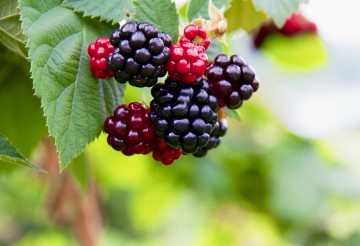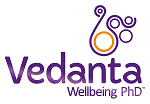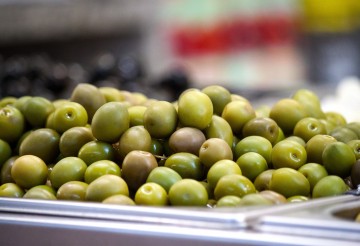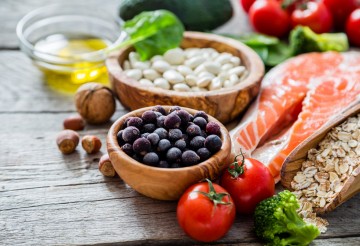Free radicals
Free radicals are reactive chemical species having a single unpaired electron. This is an unstable conformation leading to reactions with adjacent molecules: proteins, lipids and nucleic acids. Oxygen radicals are the predominant radicals formed in nature which are generated by UV irradiation, metal catalysed reactions, immune cells and mitochondria (power plants of a cell). Reactive oxygen species (ROS) damage is implicated in ageing & age-dependent diseases such as cardiovascular diseases, cancer, diabetes and neurodegenerative diseases (Alzheimer’s disease, Parkinson’s disease, Huntington disease).
Antioxidants
 Antioxidants are molecules capable of stabilising or deactivating free radicals before they attack cells. Humans have developed highly evolved complex antioxidant systems. The endogenous human antioxidants are glutathione peroxidase, catalase and superoxide dismutase (SOD). Next to intrinsic antioxidant systems, antioxidants are present in our diets: vitamin C and E, thiol antioxidants (tripeptide glutathione: GSH), melatonin, carotenoids and flavonoids.
Antioxidants are molecules capable of stabilising or deactivating free radicals before they attack cells. Humans have developed highly evolved complex antioxidant systems. The endogenous human antioxidants are glutathione peroxidase, catalase and superoxide dismutase (SOD). Next to intrinsic antioxidant systems, antioxidants are present in our diets: vitamin C and E, thiol antioxidants (tripeptide glutathione: GSH), melatonin, carotenoids and flavonoids.
Antioxidants & age-related diseases
Free radicals and oxidative stress have been recognised as important factors in the biology of ageing and age-related diseases. One mechanism to slow down the ageing process is to modulate oxidative stress by caloric restriction, but this is an approach which is very difficult to achieve for most people. An easier way to slow down the ageing process is, to increase the dietary intake of antioxidants thereby modulating oxidative stress. Several scientific studies have proven that increasing dietary antioxidants leads to a reduced risk of developing age-related diseases. A mediterranean diet, which is rich in fruits and vegetables, has been shown to reduce risk of developing cardiovascular diseases. Intake of dietary antioxidants has been shown to reduce the risk of developing cancer and complications associated with diabetes mellitus and menopause.
Include sufficient amounts of fresh fruits and vegetables in your daily diet to maintain a high antioxidant status!









